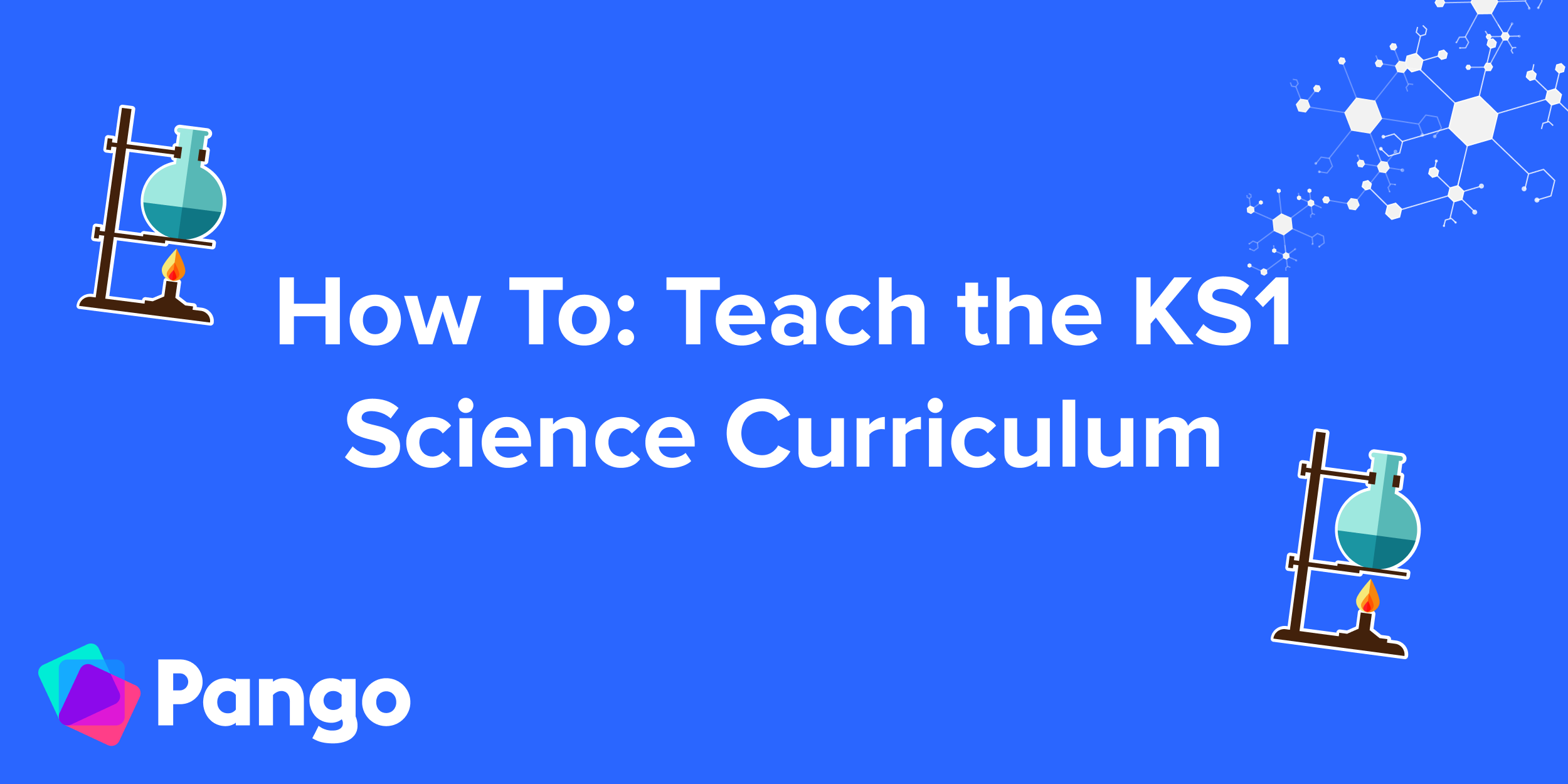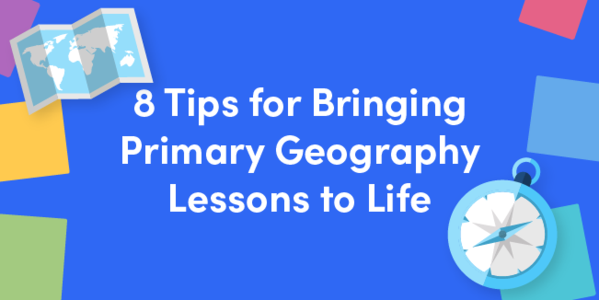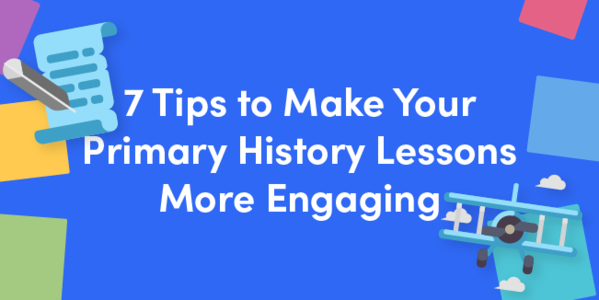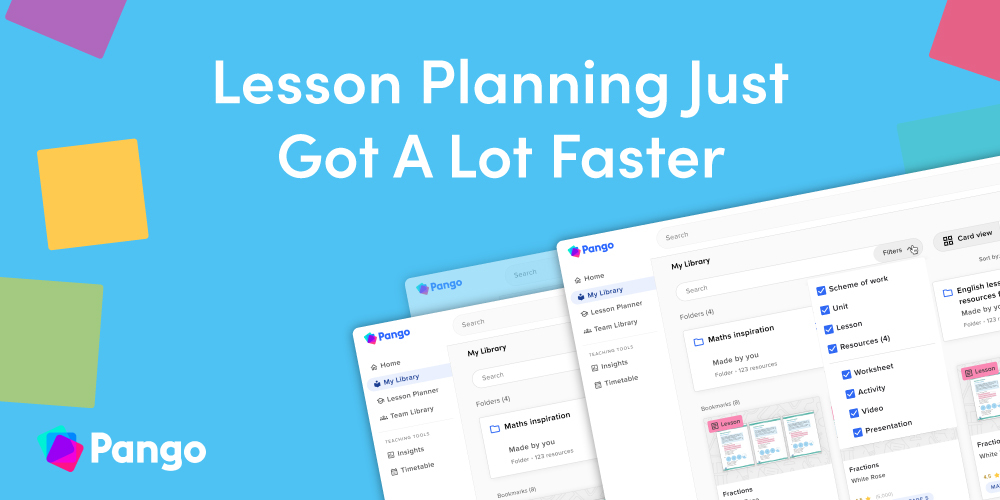A scheme of work is a long-term plan designed to ensure that students are taught all the skills and knowledge in the curriculum for that subject. Schemes of work are typically broken down into teachable units or modules.
Schemes can be highly valuable in two key ways:
- Schemes should reduce teacher planning and preparation time, and
- Ensure students are taught progressive lessons that cover the full curriculum.
However, not all schemes are made equal and the wrong scheme, or following a scheme totally rigidly can cause difficulties.
To take the difficulty out of choosing between a multitude of schemes, we partner with the best schemes of work - giving teachers access to progressive, primary schemes of work across 9 subjects, all in one place.
Save time by accessing choice, quality and flexibility at your fingertips.













